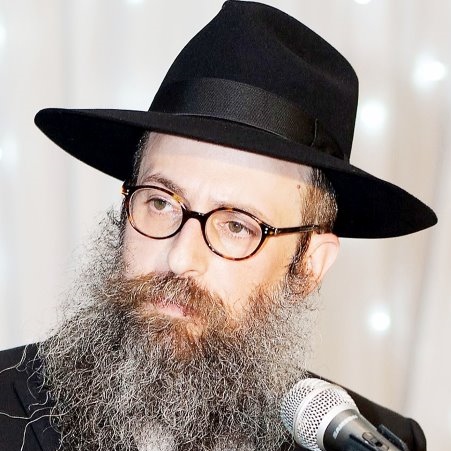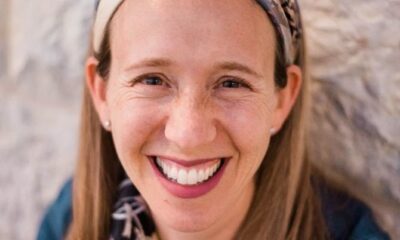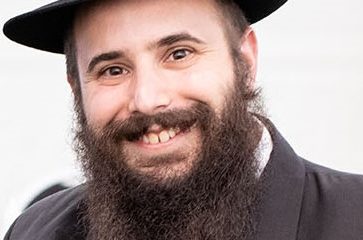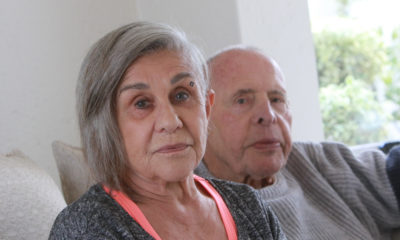
OpEds

Our bodies don’t belong to us, but to Hashem
The recent ruling of the Supreme Court of the United States (Scotus) upturning Roe v. Wade has certainly set the cat amongst the pigeons. To my limited understanding, the scope of its decision was whether or not there was an inherent constitutional right to an abortion.
The ruling, which held that no such constitutional right exists, turns the decision and regulations surrounding abortion to state legislators.
Naturally, the intricacies of such an argument are beyond my expertise. However, this article will endeavour to give some insight into this very weighty and important discussion from a Torah point of view.
It’s important to note that this article shouldn’t be viewed either as definitive, authoritative, or comprehensive. Any personal question regarding abortion should be had in consultation with medical specialists and competent halachic authorities.
Unlike secular law, which often walks in lock-step with the mores of the time, Jewish law is absolute. It’s predicated on ancient legal precedent which doesn’t change as societies’ values become what some would call more progressive.
One of the arguments expounded by pro-abortionists is that it’s the woman’s body, and no other individual or group of individuals should have a right to dictate what she does to her body.
There is an interesting law brought down in the Mishna. If a person were to admit before a Beth Din that they owe another individual a certain amount of money, they would be obliged to pay, based on their own admission. On the other hand, if the person would confess to a violation whose penalty was corporal punishment, they would not be believed and no punishment would be exacted.
The reason for the discrepancy is simple. A person’s money belongs to them in toto, and they may do with it as they wish. Consequently, in admitting liability, they are choosing to dispose of their money by giving it to someone else, something which is their right to do.
On the other hand, our bodies belong not to us, but to Hashem, and therefore we don’t have the right to harm them since they don’t belong to us. As such, any surgery undertaken, be it by a man or a woman, needs to be viewed first through the prism of halacha.
Though most surgeries would be without issue, there are some which would require greater halachic analysis and determination. In an extreme example, a man wouldn’t be allowed to have a finger amputated on the grounds that it’s his body, and he may do with it as he wishes. The same is true for the question of abortion, exacerbated naturally by the fact that it deals with the termination of the pregnancy.
As is well known, Judaism values life above all else (excepting for the three cardinal sins). Therefore, in considering the permissibility of an abortion, the value of life likewise plays a key role.
All authorities agree that if the pregnancy is threatening the life of the mother, an abortion is to be performed. The status of the mother is that of “certain life”. In other words, we know with absolute certainty that she’s a viable human being.
The foetus, on the other hand, isn’t certain, for the woman may, G-d forbid, miscarry, or the child may be still-born. As such, one sets aside the life of possible in favour of the life of definite.
It’s noteworthy that Rabbi Moshe Feinstein states that the primacy of the mother’s life over the child’s is up until the head crowns. At that point, both lives have to be viewed as equal, with the birthing process itself, naturally fraught with risk (thankfully mitigated significantly today due to science) placing both mother and baby on an equal footing.
The difference of opinion amongst later authorities revolves around the question of how one defines “threat to the mother’s life”.
According to certain authorities, most notably the aforementioned Rabbi Moshe Feinstein, it must be that the mother will actually die as a consequence of continuing with the pregnancy.
Others, notably the famed Tzitz Eliezer – Rabbi Eliezer Yehuda Waldenberg – was of the opinion that any threat to the woman including serious emotional and psychological harm may also be factored in to the decision regarding abortion. Naturally, such a determination would need to include not only the doctor and rabbi, but social workers, psychologists, and the like.
In sum, therefore, the Torah doesn’t ban abortion. It views the life of the mother as paramount. Abortion is allowed to protect that life, and if it is to be undertaken, must be done under the direction and guidance of a competent halachic authority.
- Rabbi Gidon Fox is a dayan on the Johannesburg Beth Din and the rabbi of the Pretoria Hebrew Congregation.











yitzchak
July 1, 2022 at 8:08 am
and the opposition to amniocentesis for genetic defects(and termination)?
and the opposition to contraception and family planning?
Remember ladies this is your private matter between you and your doctor and no religious consultation is necessary.( and should never be in medical matters)and better ignored.
No doubt conservative forces in SA who live cultist medieval ignorant antiscience lives will band together to change SA law.
God forbid!